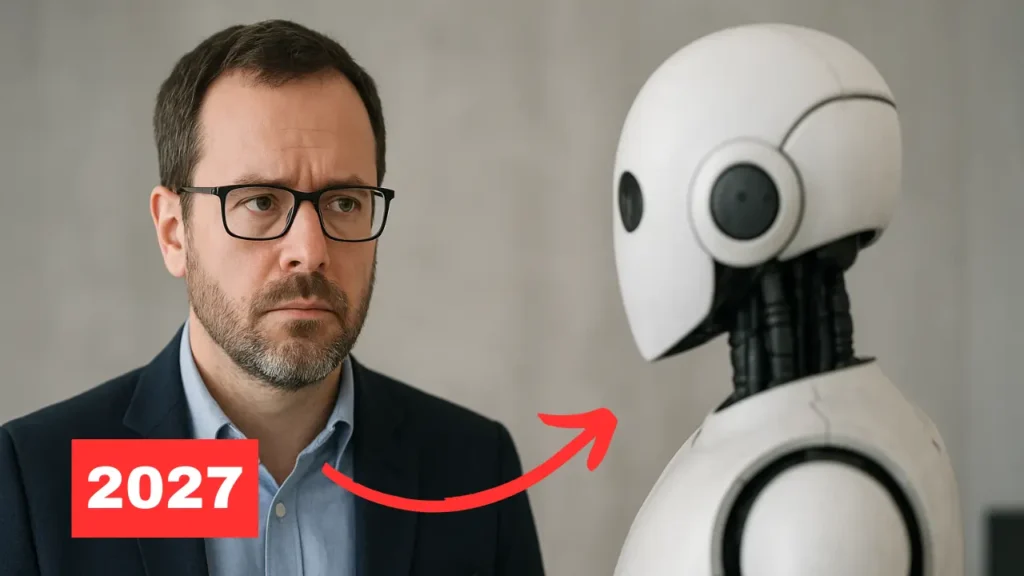
Former Google Official Warns of AI Job Crisis by 2027: Millions Could Lose Jobs and the Middle Class Could Disappear. Know the Full Report.
AI Job Crisis: Mo Gavdat’s warning
Former Google Chief Business Officer Mo Gavdat has given a serious warning about the future of AI. He says that in the coming years, AI-based automation could completely eliminate many jobs, including high-skill jobs like software engineers. This warning comes at a time when big companies like TCS, Microsoft, Google and Amazon have laid off thousands of employees.
Gavdat said in his podcast ‘Diary of a CEO’ that the employment scenario could be extremely difficult by 2027. He estimates that this change will also lead to a major change in the global social structure, which could almost eliminate the middle class. In his words — “If you are not in the top 0.1%, you are poor. There will be no such thing as a middle class for AI Job Crisis.”
Why are there so many layoffs?
The rapidly growing capabilities of AI technology are making companies dependent on machines and algorithms instead of human employees. AI not only works faster, but also proves to be more accurate at times. This is why thousands of people have lost their jobs in recent months — some companies have laid off up to 15,000 employees at once.
Earlier too, in his podcast, Gavdat had advised young married couples to postpone planning for children for the time being in view of the possible AI job crisis. Now he is warning AI Job Crisis that by 2027, many educated and experienced people may also face unemployment.
Future picture and dangers
Gavdat believes that AI can replace not only technical or entry-level jobs, but also higher positions like CEO and podcaster. He gave the example that his own startup Emma.love is running with only 3 employees, whereas earlier it required about 350 people for such work.
He compares this change to the digital revolution, when machines are replaced manual labor work. The only difference is that this time the threat is on educated professionals. This change can not only increase economic inequality, but can also affect mental health and social engagement.
Solutions and way forward
Gavdat believes that governments should impose strict regulation on the development of Universal Basic Income (UBI) and AI. He estimates that by 2040, the focus of society may shift to creativity, community and spirituality.
Meanwhile, a Microsoft study has also estimated that AI can replace about 80% of jobs in various sectors in the next five years. This figure coincides with Gavdat’s warning.
Also Read: AI Impact: Entry-Level Computer Science Jobs in US Face Crisis
In this era of technological progress, it is important that policymakers take such steps so that the development of AI is in the interest of humans and does not promote unemployment and inequality.
